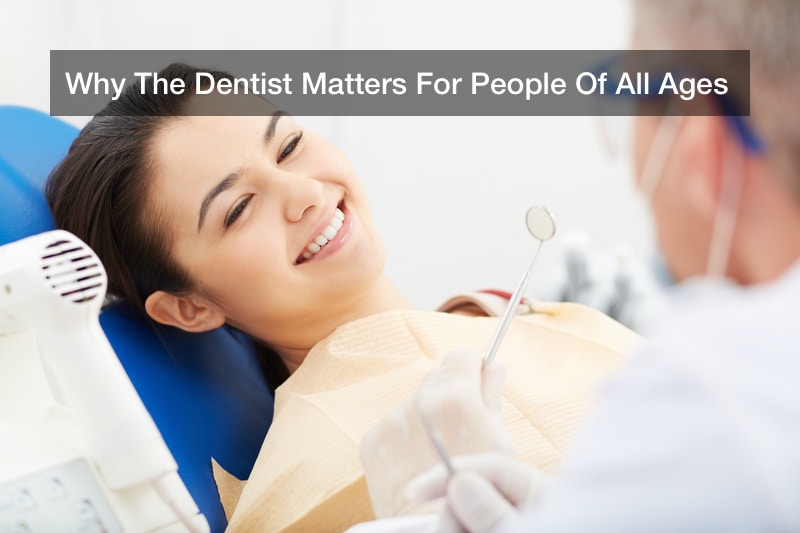

Dental care is important from the get go, even from when the baby teeth first break through the gum line. For some infants, this happens quite early on, at only just a few months of age. For others, it does not happen until well past their first birthday and into toddlerhood. For most babies, however, it will happen sometime in between.
For the first few years, cleaning with only water and a gentle rag or toothbrush will be adequate. Once the child is ready and showing interest in brushing teeth, toddler safe toothpaste can be introduced. This assistance with brushing teeth should be provided. ideally, until a child reaches the age of four or five, though this will vary from child to child. For the next few years after this point, supervision is likely to still be necessary for most children. However, most dentists recommend that toothpaste with fluoride in it should be avoided until the child in question reaches their second birthday. By this time, they should be seeing the dentist regularly as well, ideally twice throughout the year.
When proper dental care is not given even so early on in life, children are likely to run into a number of dental problems. And even though some people think that the health of baby teeth don’t really matter, this is actually far from the case, as the health of the baby teeth in question can very much impact how the adult teeth ultimately grow in. And, unfortunately, far too many children are not getting the dental care that they need, as many a family dentist can attest to.
For instance, children who have bad oral hygiene and health are likelier to miss school due to dental pain – up to three times likelier, by some estimates. In addition to this fact, nearly half of all children all throughout the country (around 40%, to be just a little bit more exact) will have had at least one cavity by the time that they reach the age of five or so (by the time that they start kindergarten). Some children will have had many more.
While many of these cavities are preventable with good oral hygiene, not all are. Some children, as a matter of fact, are simply more predisposed to getting cavities than other kids are. However, regular dental checkups will help to identify these cavities before they can worsen and become more painful. These checkups don’t happen nearly enough throughout the country, and it is now estimated that up to 20% of all adults even are living with cavities that have not been treated or even diagnosed.
And as important as family dentists are, the typical emergency dentist can be just as necessary for emergency dental care. For instance, emergency dental care can become a necessity after just about any accident and emergency dental care can be needed by adults and children alike. Sports injuries, to name just one example, a big cause behind the need for emergency dental care, and emergency dental care professionals see a lot of kids who knock out baby teeth and cause other injuries while playing sports. Emergency dental care will help to alleviate the pain as well as fix up the mouth as best as is possible, but emergency dental care will likely need to be followed up with more extensive reconstructive work as well.
Fortunately, emergency dental care as well as reconstructive dentistry have both come a long way, and even people who lose teeth in accidents find that they can soon have an attractive smile once again. For not only are your teeth important for how you use them to chew and shape words, but from an aesthetic perspective as well. For many people here in the United States, the appearance of their teeth matter quite a bit, and some people even feel quite deeply self conscious or even ashamed over not having teeth that they feel are particularly attractive or even just healthy looking. Regular dental care and even cosmetic dental procedures can help to change this for a great deal of people throughout the country as a whole.
